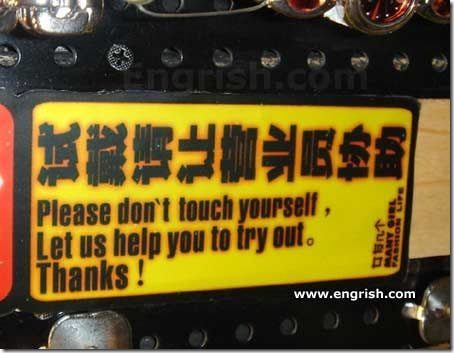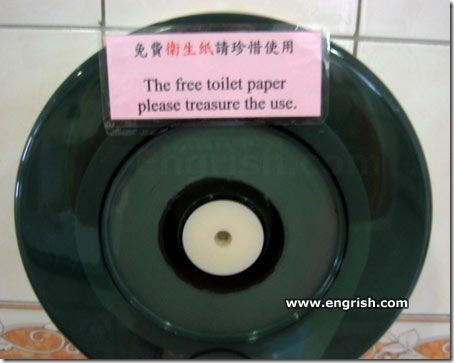<center>An Italian, a Scotsman and a Chinese fellow
</center>An Italian, a Scotsman and a Chinese fellow are hired at a construction site.
The foreman points out a huge pile of sand and says to the Italian guy, 'You're in charge of sweeping.'
To the Scotsman he says, 'You're in charge of shoveling.'
And to the Chinese guy, 'You're in charge of supplies.'
He then says, 'Now, I have to leave for a little while. I expect you guys to make a dent in that there pile.'
So the foreman goes away for a couple hours and when he returns, the pile of sand is untouched.
He asks the Italian, 'Why didn't you sweep any of it?'
The Italian replies, 'I no hava no broom. You saida to the Chinese a fella that he a wasa in a charge of supplies, but he hasa disappeared and I no coulda finda him nowhere.'
Then the foreman turns to the Scotsman and says, 'And you, I thought I told you to shovel this pile.'
The Scotsman replies, 'Aye, ye did lad, boot ah couldnay get meself a shoovel! Ye left th' Chinese gadgie in chairge of supplies, boot ah couldnayfin' him either.'
The foreman is really angry now and storms off toward the pile of sand to look for the Chinese guy ...Just then, the Chinese guy leaps out from behind the pile of sand and yells...
'SUPPLIES!!'










